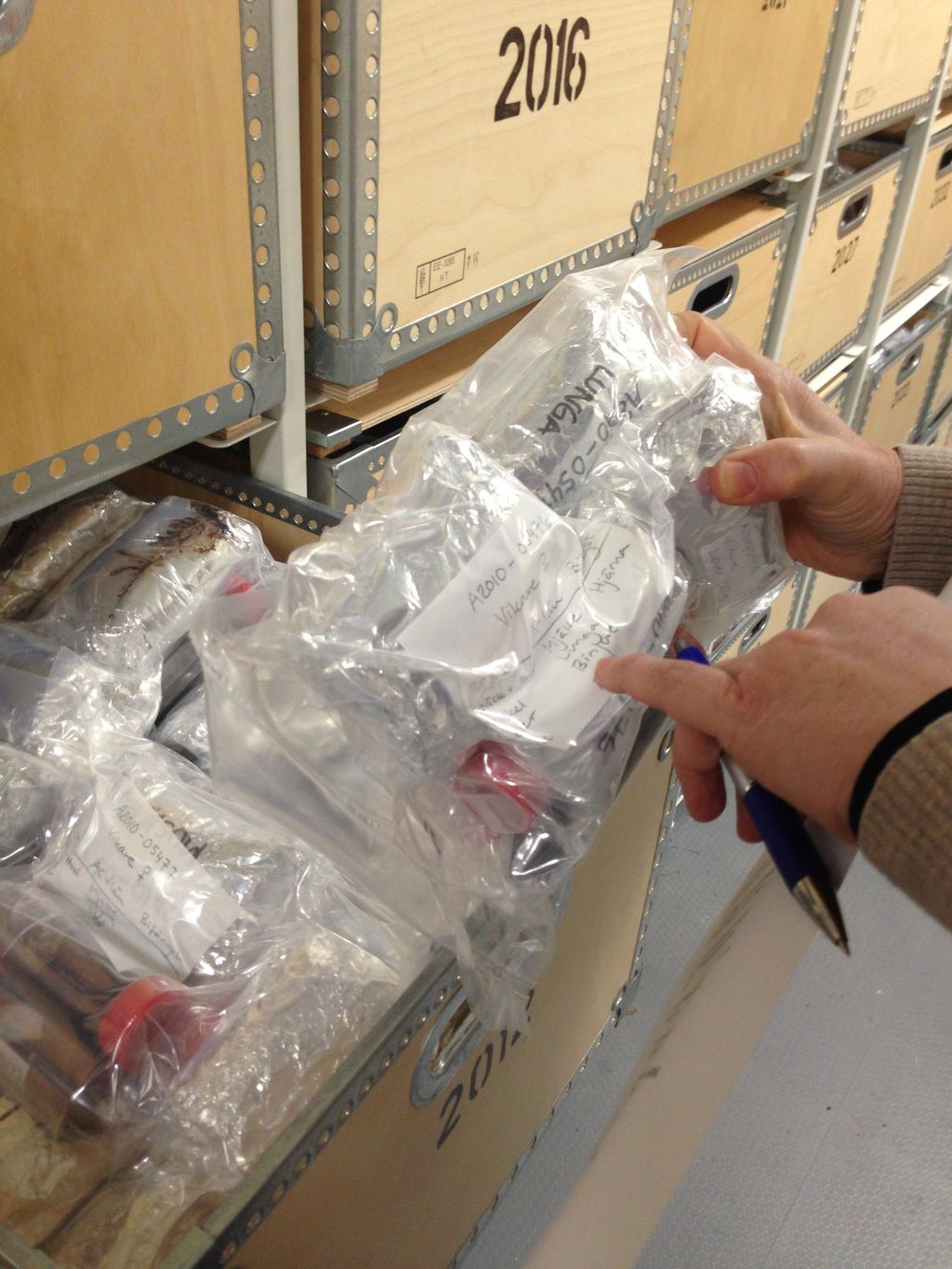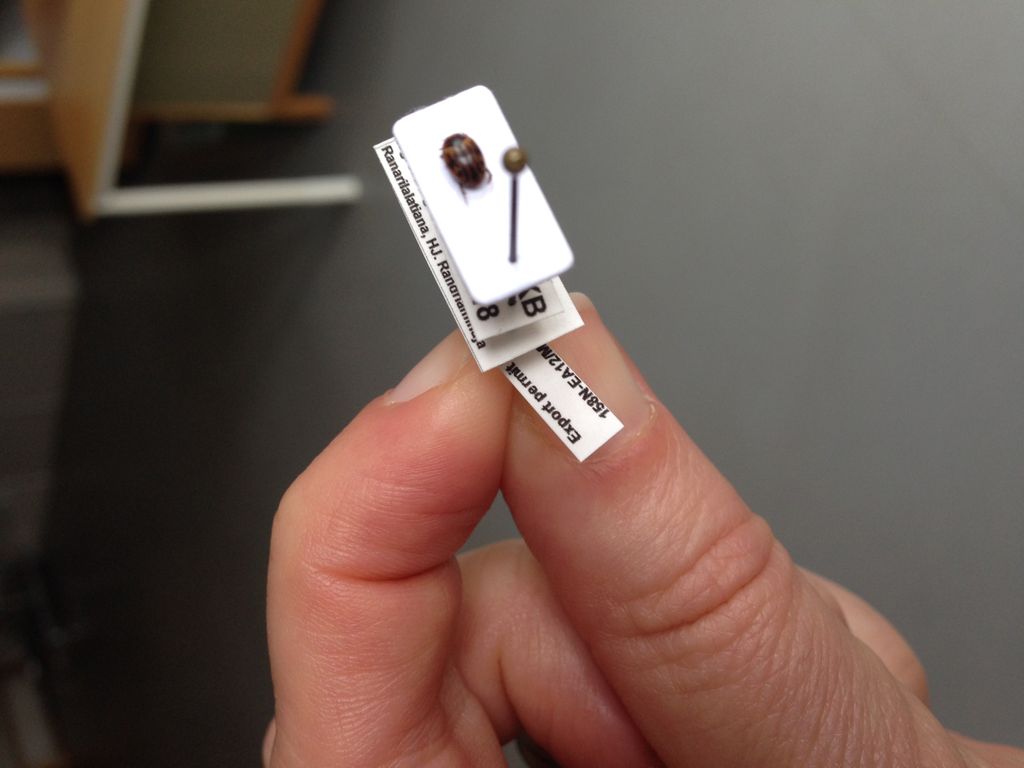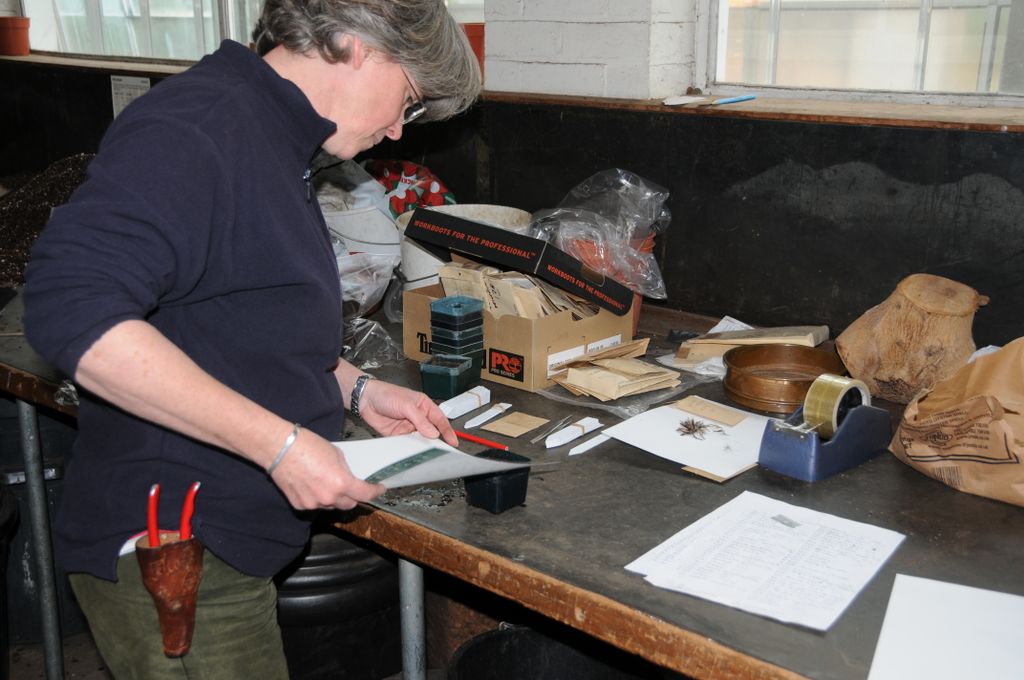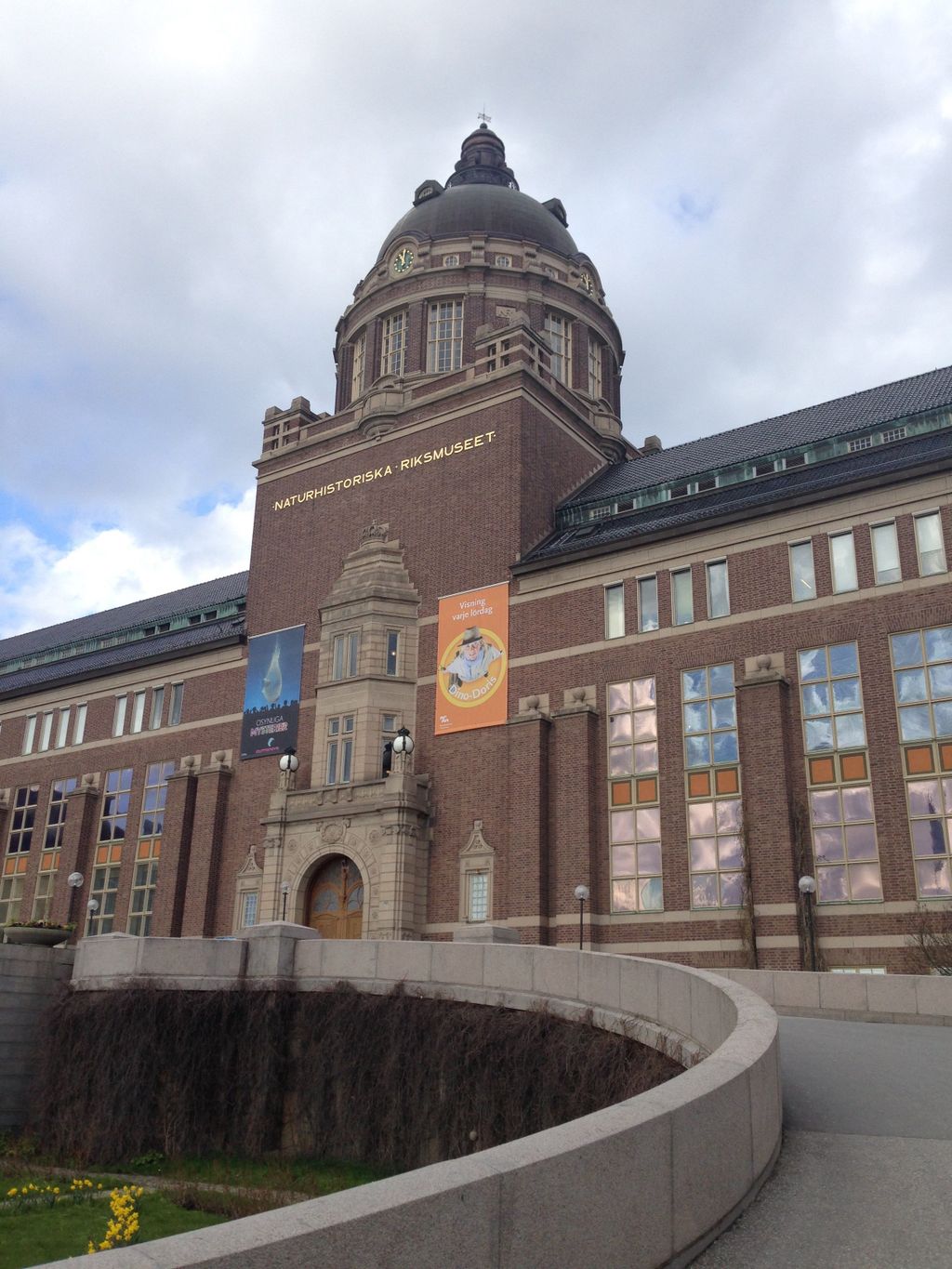ABS Implementation for Plant Science & Collections

-
Status of project
Completed -
Region
Europe -
Country
Germany -
Workstream
Sharing Knowledge and Resources -
Topic
Policy and Advocacy -
Type
Case Study
ABS Implementation for Plant Science and Collections: The SNSB addressess ABS issues according to the CETAF Code of Conduct for Access and Benefit-Sharing
Project: Completed
Project Partners: The Staatliche Naturwissenschaftliche Sammlungen Bayerns (SNSB)/The Consortium of European Taxonomic Facilities (CETAF)
Example provided by: Dirk Neumann (Zoologische Staatssammlung München), Andreas Gröger (Botanischer Garten München, International Plant Exchange Network), Andreas Fleischmann (Botanische Staatssammlung München) and Eva Natzer (Staatliche Naturwissenschaftliche Sammlungen Bayerns)
Background
The Staatliche Naturwissenschaftliche Sammlungen Bayerns (SNSB), as part of the Consortium of European Taxonomic Facilities (CETAF), a consortium of non-commercial scientific institutions in Europe, fully endorse the Convention of Biological Diversity (CBD) and the Nagoya Protocol. The research activities of SNSB focus particularly on taxonomic and systematic work, and support implementation of the CBD, particularly through activities congruent with those set out for the Global Taxonomy Initiative, the Global Strategy for Plant Conservation, and the Aichi Biodiversity Targets. Together with CETAF, the SNSB have co-developed and adopted the CETAF Code of Conduct for Access and Benefit-Sharing to comply with European Access and Benefit Sharing legislation.
The webpages of the SNSB provide comprehensive information on how the SNSB as a whole addresses ABS (http://www.snsb.mwn.de/index.php/en/abs-english). SNSB staff are able to access additional resources on the SNSB intranet, including presentations of previous ABS-trainings, check-lists for project planning and grant proposals, field work, extraction and sequencing, and publication. A comprehensive list of non-monetary benefits arising out of joint projects of SNSB staff and project partners around the globe can be found here: http://www.snsb.mwn.de/index.php/de/allgemeines-zu-abs/snsb-benefit-sharing.
About SNSB
The SNSB are organised as a compound of subordinate departments, such as the Zoological State Collection, the Botanical Garden (Botanischer Garten München, BGM; living collections), and the Botanical State Collection (Botanische Staatssammlung München, BSM; herbarium). Other relevant departments utilising biological material in the sense of the NP and the EU ABS law are the Paleontological State Collection and associated research groups which are directly linked with the respective Department of Palaeontology at the Ludwig-Maximilians University of Munich, and the State Collection for Anthropology and Paleoanatomy. Both institutions agreed to adapt SNSB’s measures and procedures to manage utilised genetic resources, DNA and tissue collections and associated permits and documents detailing the legal status of the biological material.
ABS Considerations
Because individual institutions are situated at different places in Munich, ABS responsibilities need to be managed in a decentralised manner. Therefore, each department has its own ABS representatives that act as ABS contact points for colleagues and external guests inside their institution, but also as communication hubs of our internal ABS network at SNSB. As a key component of the decentralised ABS-management approach of SNSB’s collections, curators and users of biological material hold direct responsibility. Thus, if a staff member plans to collect or extract biological material, she or he has to pass several checkpoints to demonstrate his or her due diligence, e.g. when seeking permission for field work, or entering the lab for intended utilisation. In order to gain approval for field work, relevant documents that demonstrate that contact has been established with the respective National Focal Point of the country of interest and legal terms of access have been clarified, need to be added to each travel application.
The Botanic Garden Munich (BGM) is a member of the International Plant Exchange Network (IPEN) and acquires, uses and supplies biological material according to the IPEN Code of Conduct. The exchange of plant material between IPEN members operates according to this Code and includes as main requirement the transfer of IPEN Numbers (unique identifiers) for each transaction. For exchange with non-IPEN members, the standard IPEN MTAs must be signed by the recipients of the plant material. Internal instructions prohibit that any material is accepted which is not in in accordance with the provisions of the CBD, the NP and national and international laws. For the transfer of living material, IPEN and accession numbers are filed as in the garden’s database (MikroHortus, originally developed at Bonn University Botanic Gardens). Additionally, the accession numbers are engraved on the plant labels used in the beds of the garden and entered in garden inventories. If material form the Garden is to be extracted for DNA sequencing by staff of the Botanical State Collection, internal procedures require preparing of herbarium specimens of respective plants, to be housed at the herbarium of the BSM. IPEN Numbers of respective plants are entered into the collection database of the herbarium (Diversity Collection) and also appear in written form on the herbarium sheet. DNA extraction of loaned or exchanged plants requires special permission of respective curators.
The herbarium and botanical collections are situated at the BSM, which is directly linked to the Botanical Garden. BGM material enters the BSM only occasionally, for example if material is required for masters or bachelors students. In these cases, herbarium specimens need to be prepared as described. For acquisition of new material from ex-situ sources (e.g. bequests or donation of amateur collections), available documentation (including permits) must be checked and filed. Originals of relevant ABS documents are forwarded to the administration of the SNSB and filed there. Respective document and accession numbers of the herbarium are linked via the database (Diversity Projects + Collection). As pure acquisition and storage of herbarium specimens does not fall under the scope of the EU ABS regulation, an additional check-point has been introduced to support due diligence and to detect the legal status of incoming material, because a typical acquisition of a herbarium contains several thousand specimens, which cannot be individually checked upon entry into the collection. Therefore, the contracts documenting the transfer of ownership and the legal status of the material are filed, and respective document numbers and basic information where these documents can be consulted is added with annotation labels onto herbarium sheets. Additional information in these labels includes the names of respective responsible curators, date of entry into the collection and specific notes to inform internal and external persons to carefully check the original documents. If herbarium sheets are selected for destructive sampling and subsequent utilisation, curators are obliged to investigate the original terms and conditions under which the material was accessed. In case that check reveals that the legal status of single herbarium sheets is doubtful, users (SNSB staff and/or external guests) must contact the national authorities of the original Providing Country to seek PIC and MAT before they start to utilise the material.
Standardized Excel files are used throughout SNSB collections to record information of utilised samples and associated specimens and to link relevant ABS document numbers. Residual DNA extracts or aliquots can be transferred to the DNA and tissue storage facility at the Zoological State Collection for long term storage, to ensure availability and traceability of utilised samples beyond the life span of individual projects. Additional information can be found here: http://www.zsm.mwn.de/einrichtungen/dna-storage/.
For transfer of specimens, subsamples thereof or DNA samples or aliquots, the CETAF MTAs (in their original form) are used throughout all SNSB departments. ABS representatives assist colleagues and project staff when issuing MTAs. Researchers and technical staff of SNSB collections has been trained four times since July 2014 on ABS related questions, the Nagoya Protocol, obligations of users under the EU ABS laws, and SNSB’s procedures for ABS compliance. Staff of the botanical garden (gardeners and researchers) have been trained on the IPEN Code of Conduct, and curators also attended the trainings of the SNSB collections. A training record documents participation of staff to such trainings.


